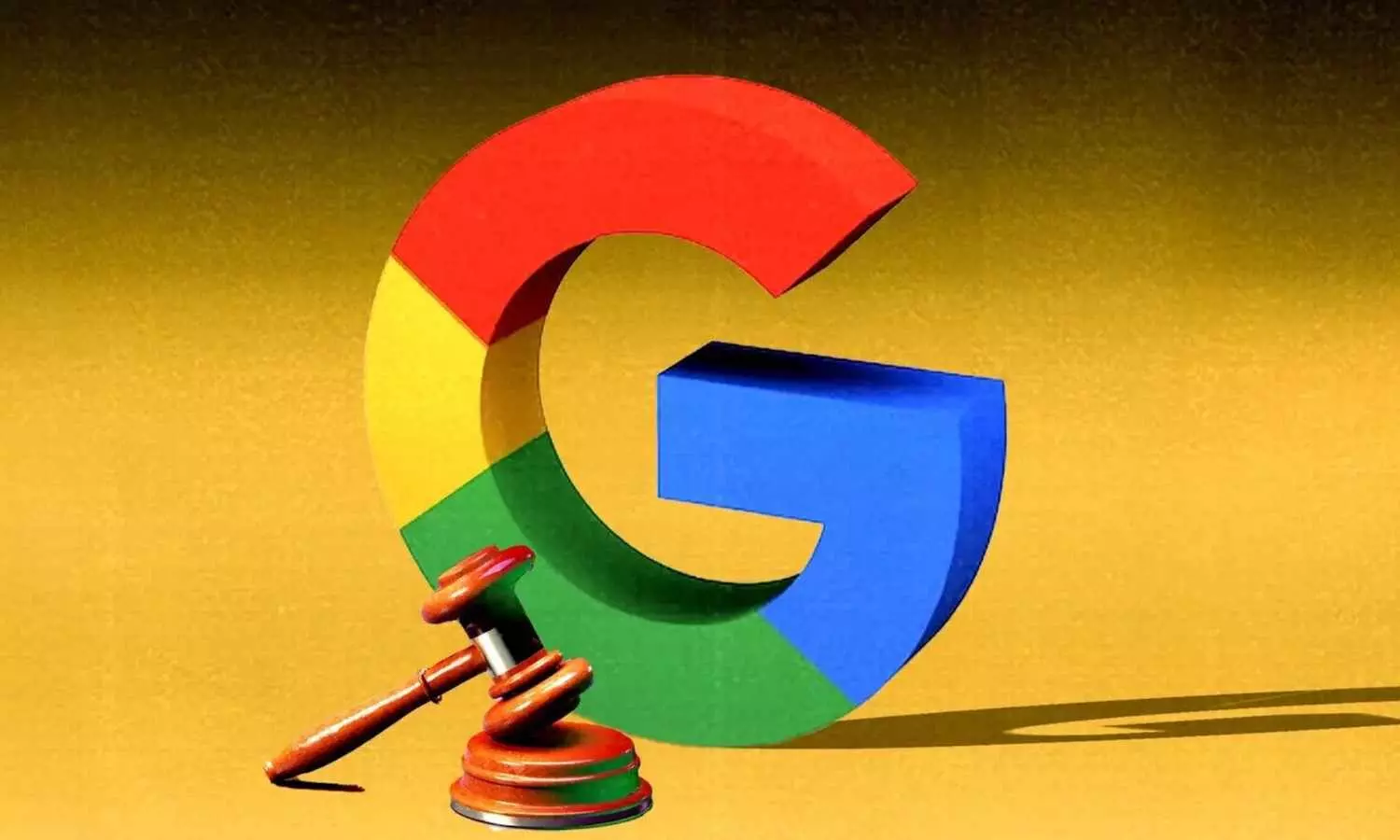Google’s Big Breakup: Should It Split Before Courts Force It?
As antitrust pressure mounts, experts suggest Google should consider breaking itself up before being forced by courts. Explore the implications of a self-imposed split and what it means for the tech giant’s future.
Google’s Big Breakup: Should It Split Before Courts Force It?

Google is under mounting pressure. After losing two major antitrust lawsuits in the past year, the tech giant is facing increasing calls to break up its sprawling empire and some analysts suggest it should act before regulators do it for them.
Breaking Up Before Being Broken
The U.S. Department of Justice (DOJ) has proposed that Google divest key assets such as its Chrome browser, ad tech network, and possibly even the Android mobile platform. However, analysts like Gil Luria from D.A. Davidson believe the company should consider going even further dismantling itself proactively to unlock greater value.
Luria argues that the sum of Google’s parts may be more valuable than the whole. While its search engine still generates over half of its revenue, growing competition from AI-powered tools is threatening its dominance. Notably, April 2025 marked the first-ever decline in Google search traffic on Apple’s Safari browser.
As of this year, Alphabet Inc.’s shares are down 9%, but divisions like YouTube and Waymo are still seen as undervalued. Luria estimates that if Google’s core businesses were spun off, they could collectively be worth up to $3.7 trillion — nearly double its current market cap. He even suggests Waymo alone might rival Tesla’s valuation, given its advanced self-driving capabilities.
A Bold, Strategic Pivot
A voluntary breakup would be a dramatic but not unprecedented move. Telecom giant AT&T famously split in 1984 under regulatory pressure, and more recently, companies like GE and HP have separated to streamline operations and spark growth.
Analysts suggest that such a bold move could serve as a form of corporate redemption. At a time when public sentiment toward Big Tech is deeply skeptical, breaking up could be seen as an act of accountability. It might also liberate individual business units to pursue innovation without being bogged down by the weight of Alphabet’s massive bureaucracy.
From a political standpoint, a self-imposed breakup could ease regulatory scrutiny and win praise from critics who view Google as too dominant.
Lessons from Microsoft
Skeptics, however, urge caution by pointing to Microsoft’s experience in the 1990s. After narrowly escaping a court-ordered breakup, Microsoft saw its stock stagnate for a decade. It wasn’t until Satya Nadella’s leadership in 2014 that the company regained momentum by then, the mobile and cloud revolutions had already reshaped the tech landscape.
Experts warn that Google could suffer a similar fate if it remains entrenched in legal battles instead of preparing for a future beyond search.
Founders Hold the Power
Ultimately, the decision to split the company rests with Google co-founders Larry Page and Sergey Brin, who maintain control via Alphabet’s dual-class share structure. So far, they’ve shown little public interest in a breakup. But insiders say the idea isn’t off the table.
“Larry and Sergey have always embraced bold, unconventional moves,” said Adam Kovacevich, a former Google policy executive. “It’s not outside the realm of possibility that they’d consider it if it made long-term sense.”
Countdown to a Legal Showdown
For now, Google is fighting in court. But the clock is ticking. A verdict in the DOJ’s search monopoly case could arrive this summer, followed by penalties in the ad tech lawsuit later this year. Without a strong win on appeal, Alphabet may have no choice but to restructure.
Whether Google breaks up on its own terms or through a legal mandate, change may be inevitable. The only question is: will it lead the transformation or be forced into it?

